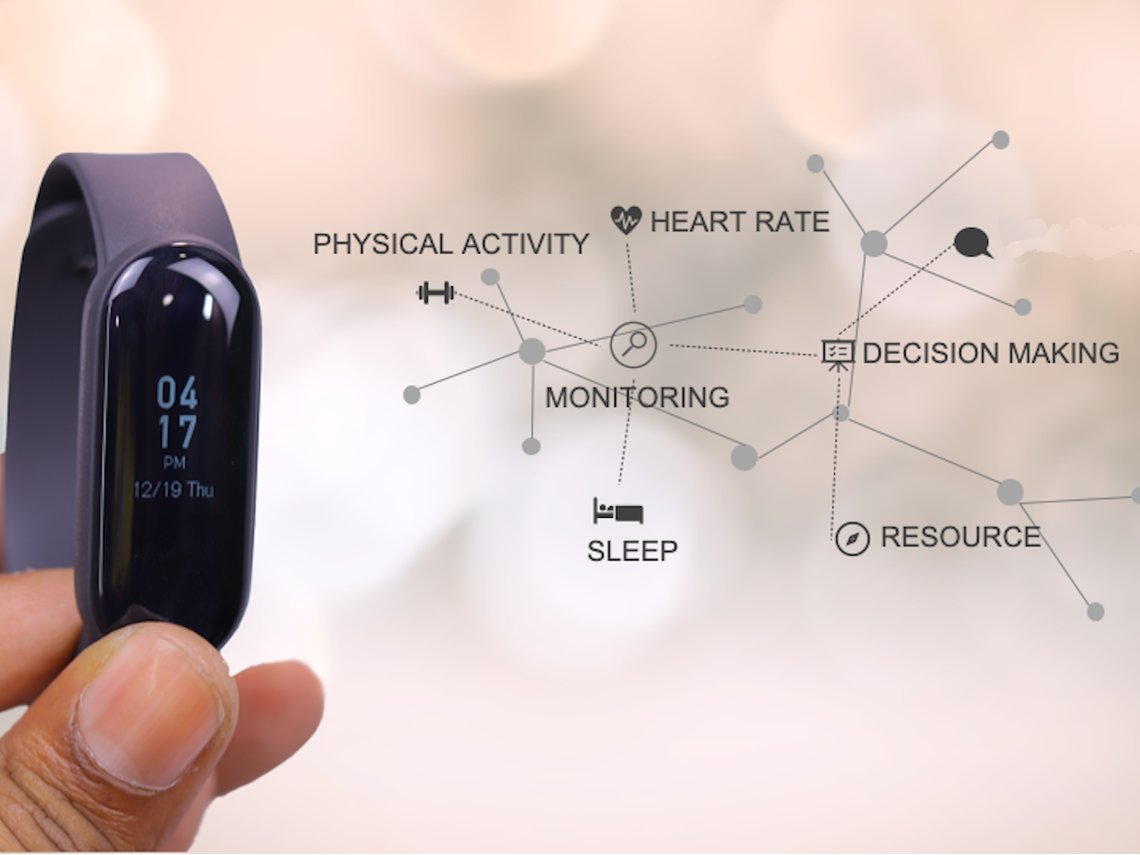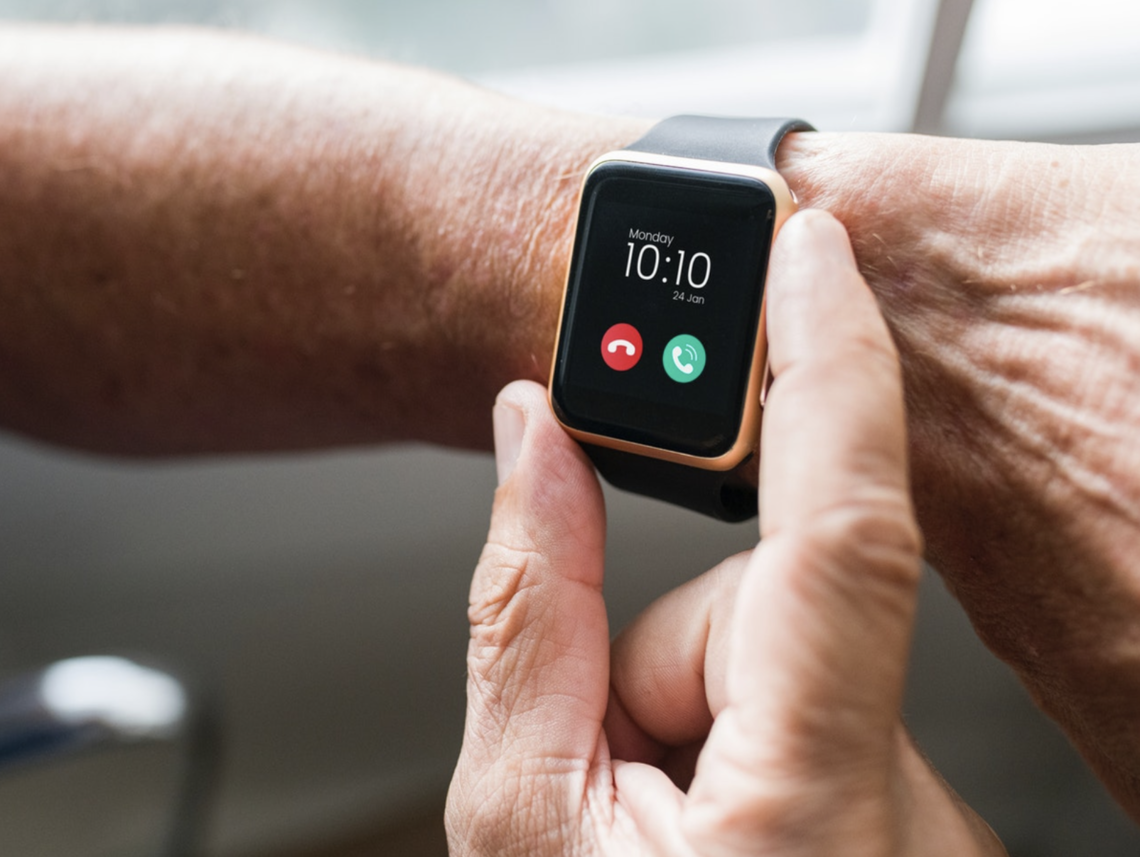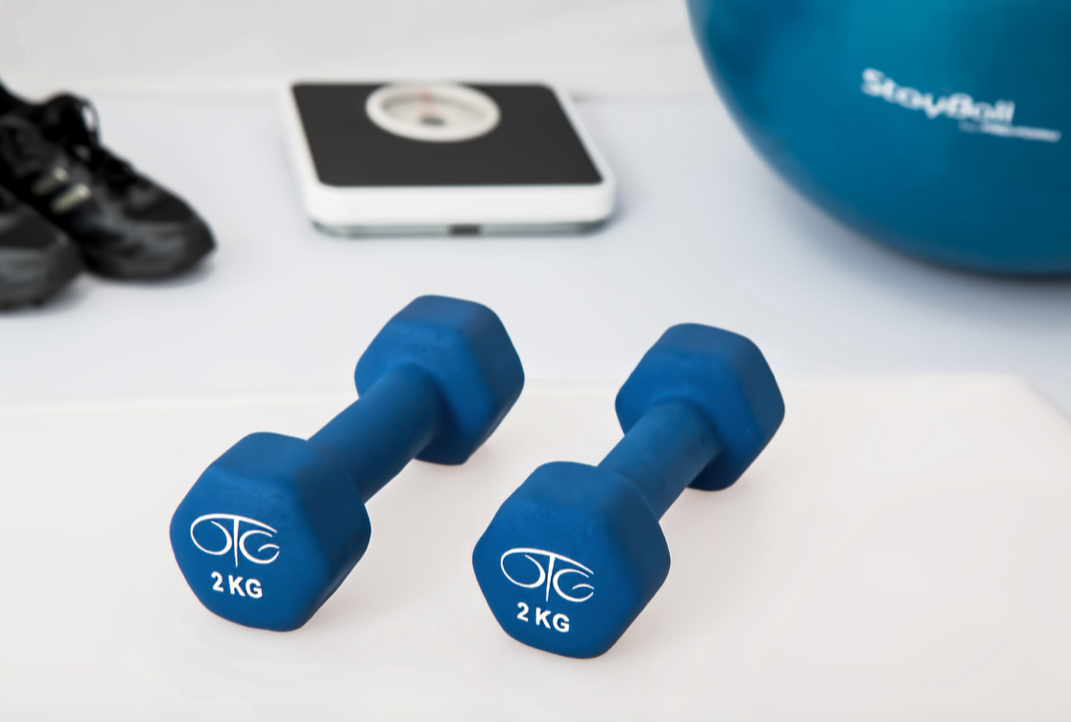
mHealth and Aging

mHealth and Aging
With aging comes increased burden of chronic disease. A successful transition to a sustainable health care system would require older adults and their caregivers to carry out routine care at home or in the community (i.e., aging-in-place). This much needed patient and caregiver empowerment, as well as seamless integration with health care providers when needed, can be facilitated by digital health technologies. Mobile health, or more commonly known as mHealth, leverages mobile devices and sensors to collect health data from everyday lives outside of hospitals and clinics. When integrated with machine learning and artificial intelligence, mHealth can be an ideal solution for continuous health monitoring in older adults as well as supporting aging-in-place. Toward these goals, we have investigated the feasibility of using mHealth solutions in older adult populations, with a focus on application of machine learning to wearable device data.
Related Publications

B. Kim, P. Ghasemi, P. Stolee, J. Lee. Clinicians and older adults’ perceptions of the utility of patient-generated health data in caring for older adults: exploratory mixed methods study. JMIR Aging, 4(4):e29788, November 2021.

B. Kim, M. Hunt, J. Muscedere, D. M. Maslove, and J. Lee. Using consumer-grade physical activity trackers to measure frailty transitions in older critical care survivors: exploratory observational study. JMIR Aging, 4(1):e19859, February 2021.

M. Sultana, M. Al-Jefri, and J. Lee. Using machine learning and smartphone and smartwatch data to detect emotional states and transitions: an exploratory study. JMIR mHealth and uHealth, 8(9):e17818, September 2020. [GitHub]

Data for Healthy Aging (D4HA) Working Group. Mobile technology and data-informed approaches for healthy aging and aging-in-place, [Position Paper], October 2020.

B. Kim, S. McKay, and J. Lee. Consumer-grade wearable device for predicting frailty in Canadian home care service clients: prospective observational proof-of-concept study. Journal of Medical Internet Research, 22(9):e19732, September 2020.

Y. Yang, J. P. Hirdes, J. A. Dubin, and J. Lee. Fall risk classification in community-dwelling older adults using a smart wrist-worn device and the Resident Assessment Instrument-Home Care: prospective observational study. JMIR Aging, 2(1):e12153, June 2019.

B. Kim and J. Lee. Mobile & sensor technology, big data and artificial intelligence for healthy aging, [White Paper], 2019.

B. Y. Kim, A. Sharafoddini, N. Tran, E. Y. Wen, and J. Lee. Consumer mobile apps for potential drug-drug interaction check: systematic review and content analysis using the mobile app rating scale (MARS). JMIR mHealth and uHealth, 6(3):e74, March 2018.

B. Kim and J. Lee. Smart devices for older adults managing chronic disease: a scoping review. JMIR mHealth and uHealth, 5(5):e69, May 2017.

A. Puri, B. Kim, O. Nguyen, P. Stolee, J. Tung, and J. Lee. User acceptance of wrist-worn activity trackers among community-dwelling older adults: mixed method study. JMIR mHealth and uHealth, 5(11):e173, November 2017.
Funded By

